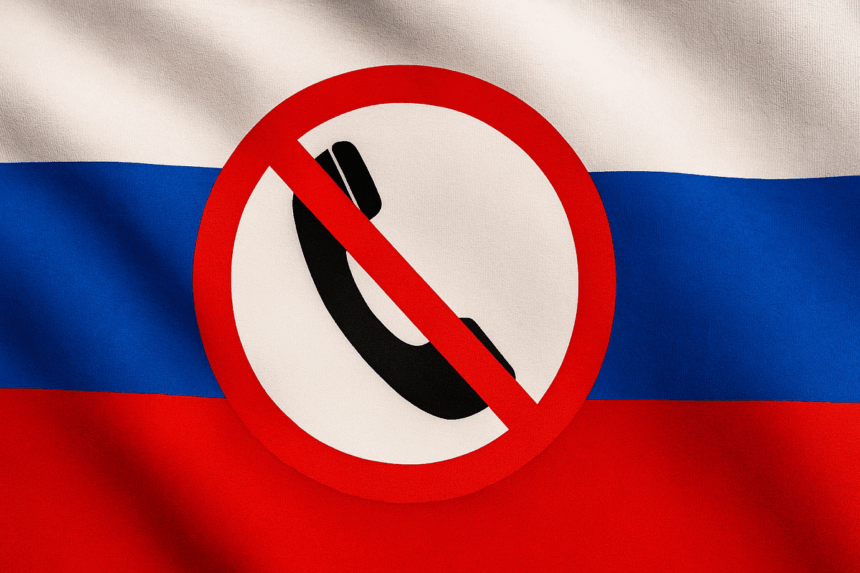Russia is turning up the pressure on foreign messaging platforms. This week, the country’s internet and media regulator, Roskomnadzor, announced partial restrictions on audio calls made through WhatsApp and Telegram. Officials claim the move is necessary to combat scams and extortion. They also target what they call efforts to recruit Russian citizens for sabotage and terrorist activities.
What’s Happening & Why This Matters
The government says both platforms ignored “repeated requests” to implement countermeasures. A WhatsApp spokesperson responded by saying the encrypted service “defies government attempts to violate people’s right to secure communication.” They also accused Russia of trying to block access for more than 100 million users in the country.
This decision is the latest in a long-running campaign by Moscow to tighten internet control. Over the past decade, authorities have introduced restrictive laws and blocked noncompliant websites. Additionally, they have perfected tools for monitoring and manipulating online traffic. Virtual private networks (VPNs), often used to bypass censorship, are also regularly blocked.
Expanding Internet Restrictions
The restrictions arrive alongside a wave of other digital crackdowns. Earlier this summer, Russia imposed nationwide mobile internet shutdowns, citing security needs during the war in Ukraine. Experts argue it’s another step to control online access.
Officials are developing a “white list” of government-approved websites and services to remain accessible during future blackouts. In Crimea, which Russia annexed in 2014, authorities warned that mobile internet shutdowns could last indefinitely.
New legislation now punishes users for searching for “illicit” content and paves the way for a government-backed national messenger app. MAX, developed by Russian tech giant VK, is promoted as a multi-purpose communication platform, including messaging, government services, and payments. However, MAX’s terms explicitly state that it will share user data with authorities upon request.
Targeting Popular Messaging Apps
WhatsApp and Telegram remain hugely popular in Russia, with 96 million and 89 million monthly users respectively, according to Mediascope. Both have clashed with the Kremlin before. Notably, Russia tried and failed to ban Telegram between 2018 and 2020.
After Russia’s invasion of Ukraine in 2022, the government blocked Meta platforms Facebook and Instagram. They also labeled Meta an extremist organization. Moreover, lawmakers have openly warned WhatsApp to “prepare to leave the Russian market” as MAX is positioned as the “replacement” for foreign messaging apps.
Currently, Roskomnadzor’s restrictions apply only to audio calls. Text messaging and file sharing remain available. However, the government has stated that full access could be restored—if these platforms comply with Russian law.
TF Summary: What’s Next
Russia’s move to block calls on WhatsApp, Telegram, and potentially other encrypted messengers is part of a broader strategy. They aim to consolidate control over communication channels. By promoting MAX and mandating its preinstallation on all smartphones, Moscow is setting the stage for a state-monitored messaging ecosystem.
For Russian users, the challenge will be finding ways to maintain private, secure communication. This is in an environment where VPNs and foreign apps are increasingly targeted. For global tech companies, the standoff with Russia highlights the ongoing clash between digital privacy and government control — a conflict that shows no signs of slowing.
— Text-to-Speech (TTS) provided by gspeech


